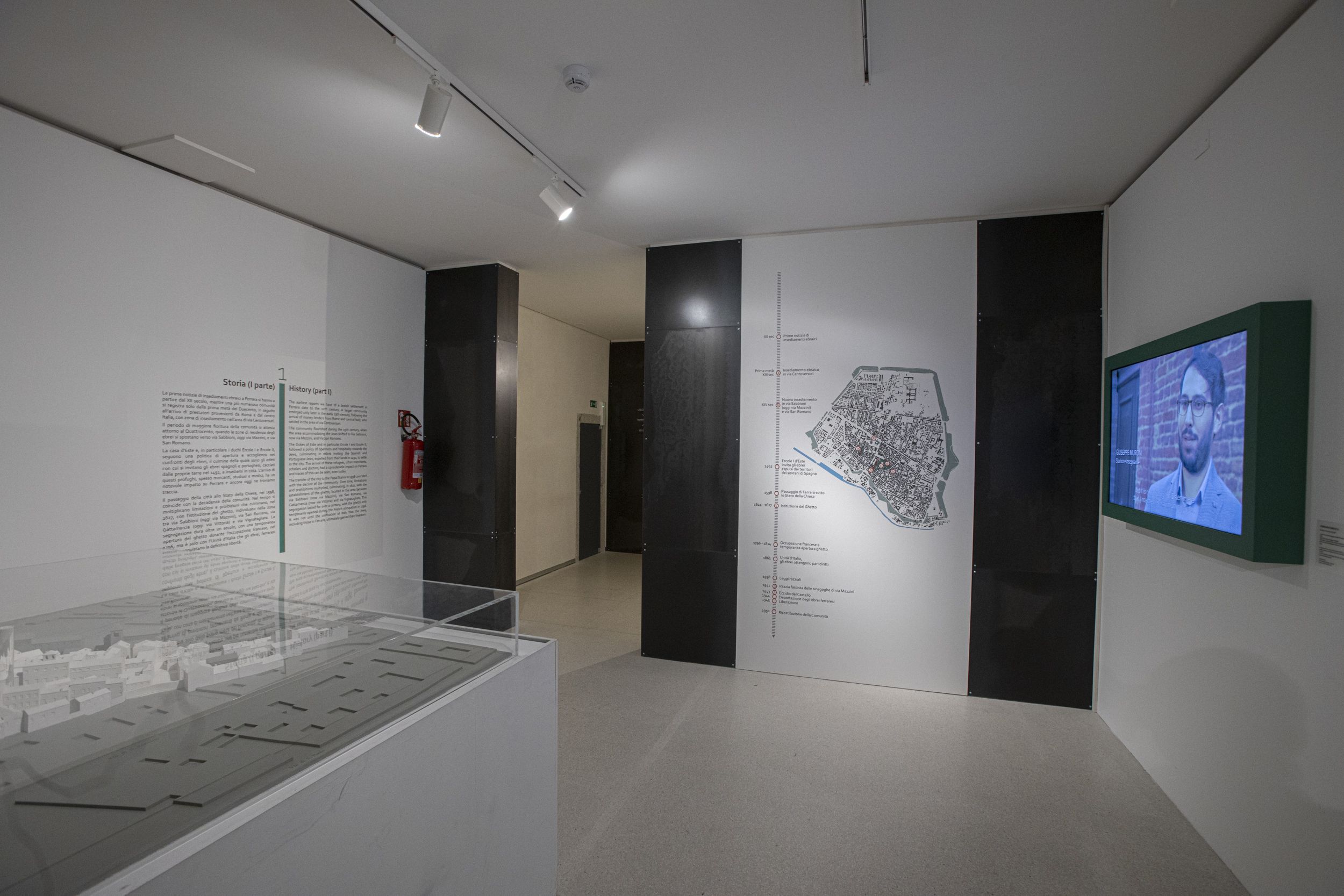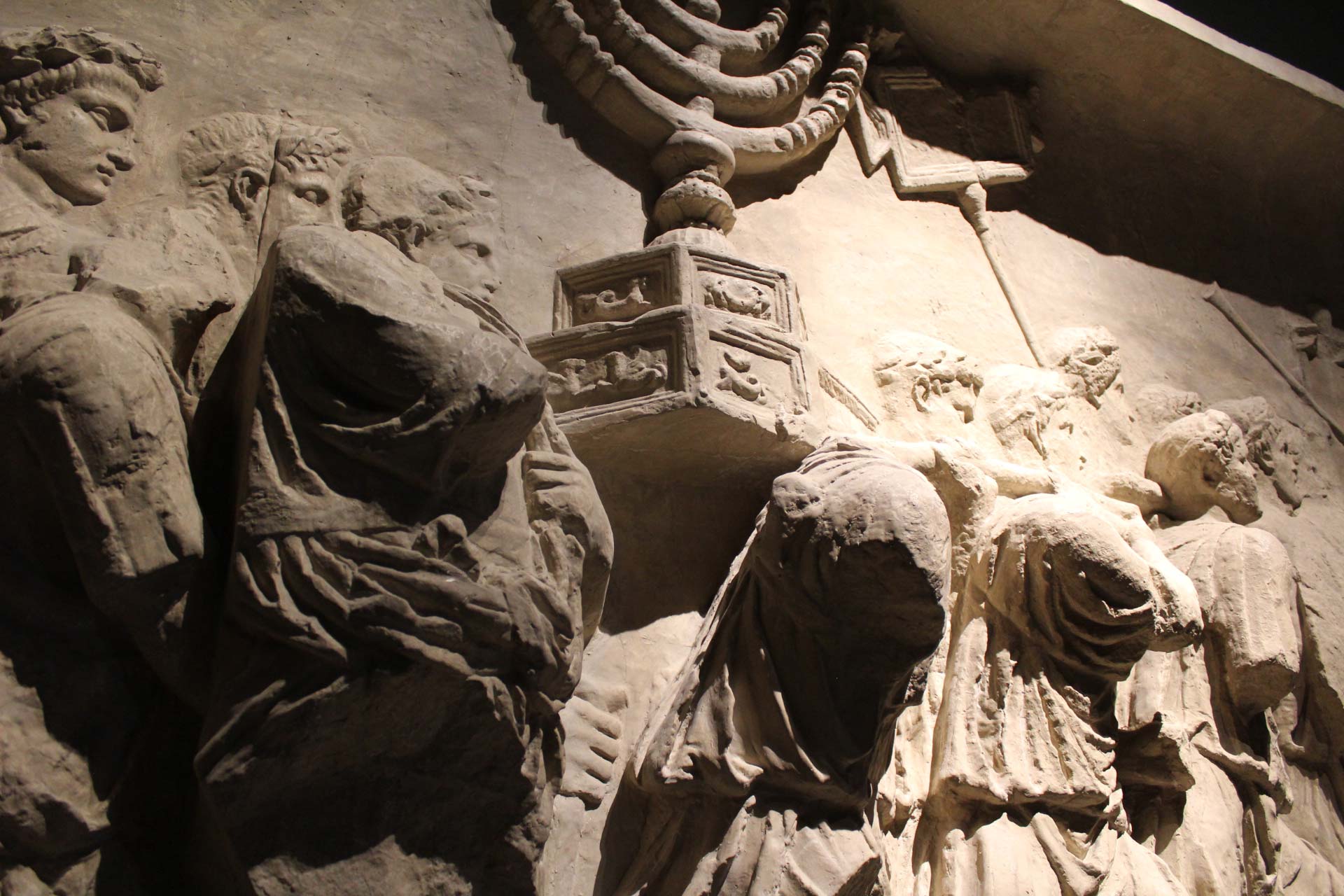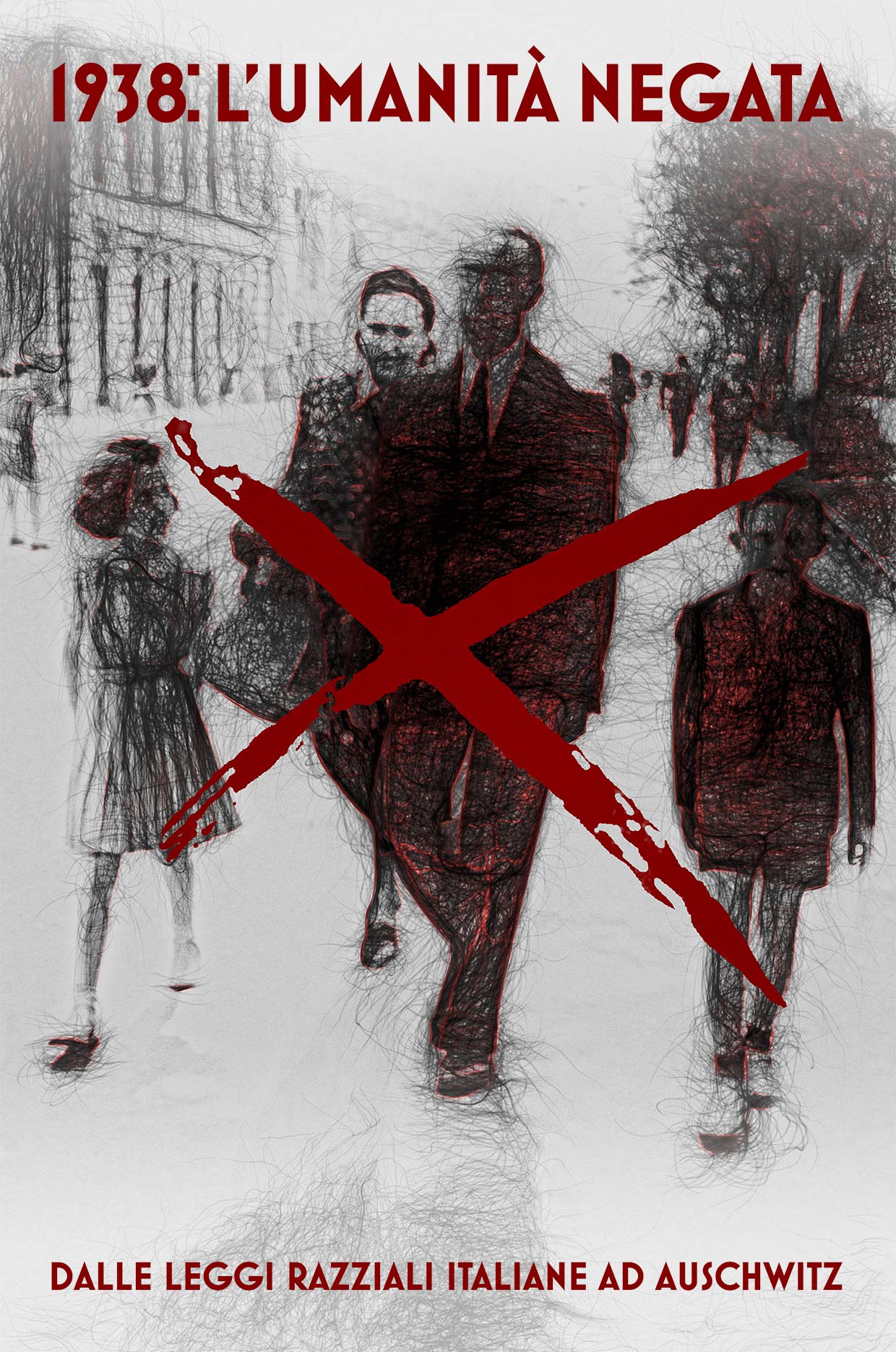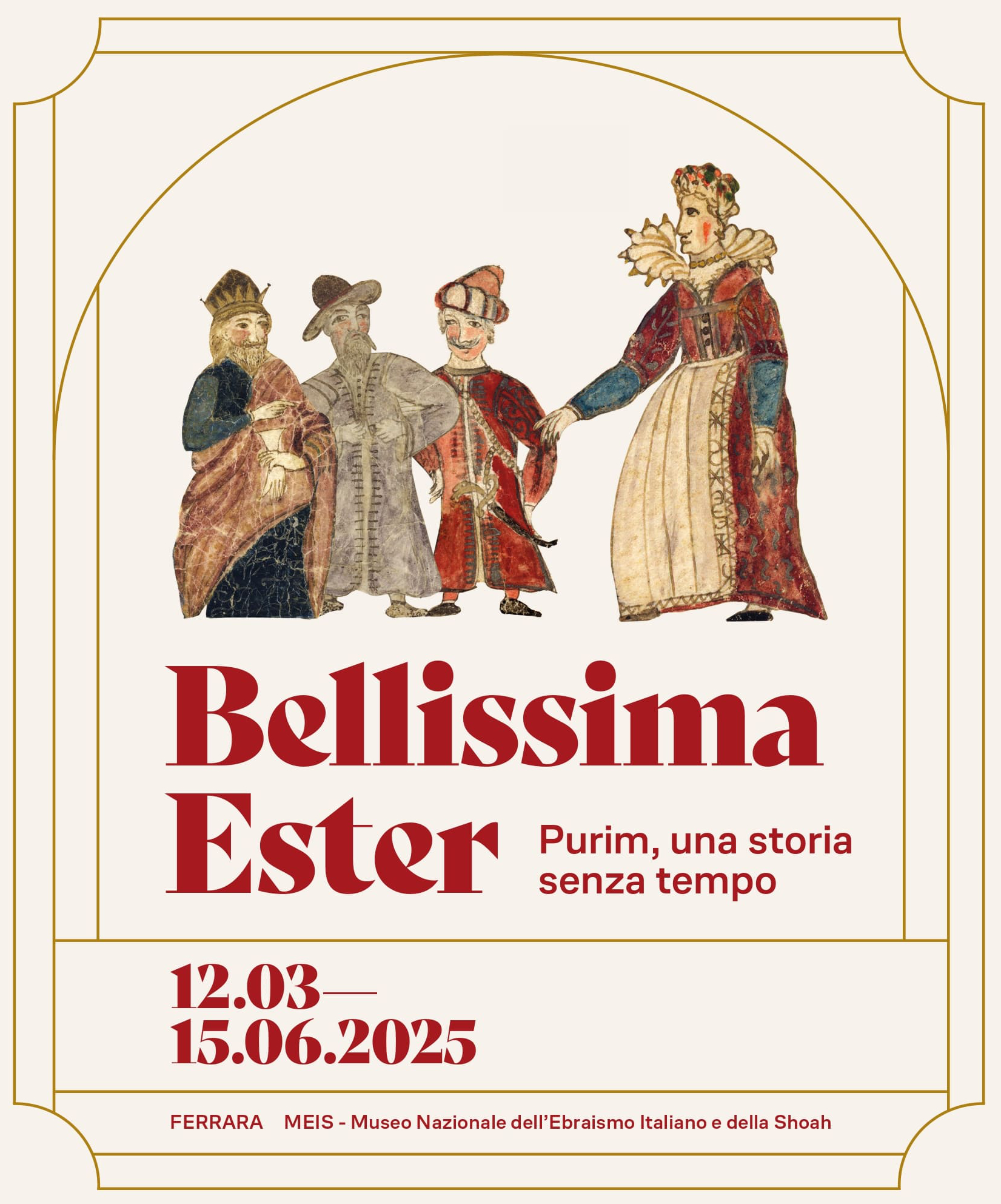
Passover 5780 the long road to Freedom
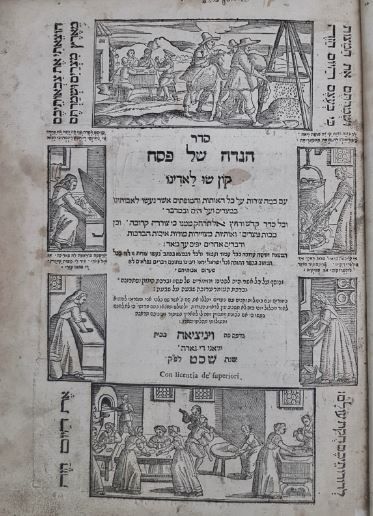
The night between the 14th and 15th of the month of Nissan (this year coinciding with the 8th of April, after sunset) marks the start of Pesach, one of the most important and meaningful festivals of Judaism.
Pesach recalls the Jewish people’s deliverance from slavery in Egypt, their exodus and dramatic crossing of the Red Sea — to freedom and receiving the Tablets of the Law, the core of ethics.
Celebrating Pesach requires several days of preparation. First of all, days before the event, observant Jewish families begin rigorous cleaning of their homes, eliminating any trace of leavened foods (chametz). This is because, while fleeing Egypt, the Jews lacked the time to let their bread rise. During the week of Pesach, they eat unleavened bread — matzah.
Once one’s home has been readied, the next ritual is the search for chametz: small pieces of leavened foods are placed in each room and then the whole family is engaged in the search to find, gather and throw them away. Then a prayer is recited asking to be released of the obligation, should some leavened food still be found in the house, and not eliminated.
At this point comes preparation of the ritual dinner — the Seder — which, among the Jews of the Diaspora, is also repeated on the second evening of the holiday.
The festive meal is marked by reading of the Haggadah, the book that recounts the Jewish people’s time of bondage and their exodus from Egypt. And it is a precept that every Jewish man and woman should feel as though they themselves had emerged from Egypt, experiencing first-hand the passage from slavery into freedom.
The story is enriched with lessons from the great teachers of the past and, above all, with some significant questions about Jewish identity, the first of which is: Why is this night different from all other nights?
The book itself is a metaphorical representation of the difficult passage to freedom. A journey to be recounted from one generation to the next, year after year, morphing into an open dialog between parents and children on Jewish history and values. It is no coincidence that one particularly important feature of the reading are the questions posed by four children: “the wise child”, “the wicked child,” “the simple child,” and “the child who is unable to ask”. Although they are so strongly different and typified, all are equally fundamental to reflections on the meaning of Pesach. Another central moment is the reading about the ten plagues visited upon Egypt and Pharaoh who, with hardened heart, refused to let Moses’ people go.
Only after this dramatic moment are the three key words of the festival remembered: Pesach (passing over), Matzah (unleavened bread) and Maror (bitter herbs), reflecting the bitterness of the life of the enslaved Jews. All participants at the dinner must repeat these three words before the celebratory meal can begin.
This Pesach will be different from any that have come before: because of the Coronavirus emergency, many families will not be able to celebrate the Seder together, as tradition would have it.
In such a perilous time for our country and the entire world, this remembrance of the long road to freedom is filled with even greater lessons and meanings. Emerging from a period of suffering is never easy, the path can be long, the road rocky; one has second thoughts on the choices made, or is even tempted to go back. The Seder brings to life this very multitude of questions and contrasting sensations: the bitter herbs are mixed with the sweet taste of the charoset, fresh and dried fruits are blended to recall the mortar used by the Jews in Egypt to make bricks.
But when you read the last page of the Haggadah, freedom finally arrives, made possible only through a deep awareness and a strong sense of individual and collective responsibility.
In the picture, is the Haggadah of Venice dating back to 1609, from the David Sofer Collection. This precious illustrated object is one of the works that will be on display in the MEIS exhibition “INSIDE & OUT. Beyond the ghetto”, ready to be inaugurated as soon as this emergency has passed.
Hoping to reopen the MEIS soon and let you admire the entire exhibition in person, we wish you a happy and healthy Pesach and a peaceful Easter.
PESACH SAMEACH פסח שָׂמֵחַ
Dario Disegni Simonetta Della Seta
President Executive Director
(Passover Haggadah with Ladino translation, 1609. David Sofer Collection, photo credit: Angelo Piattelli)
Other news
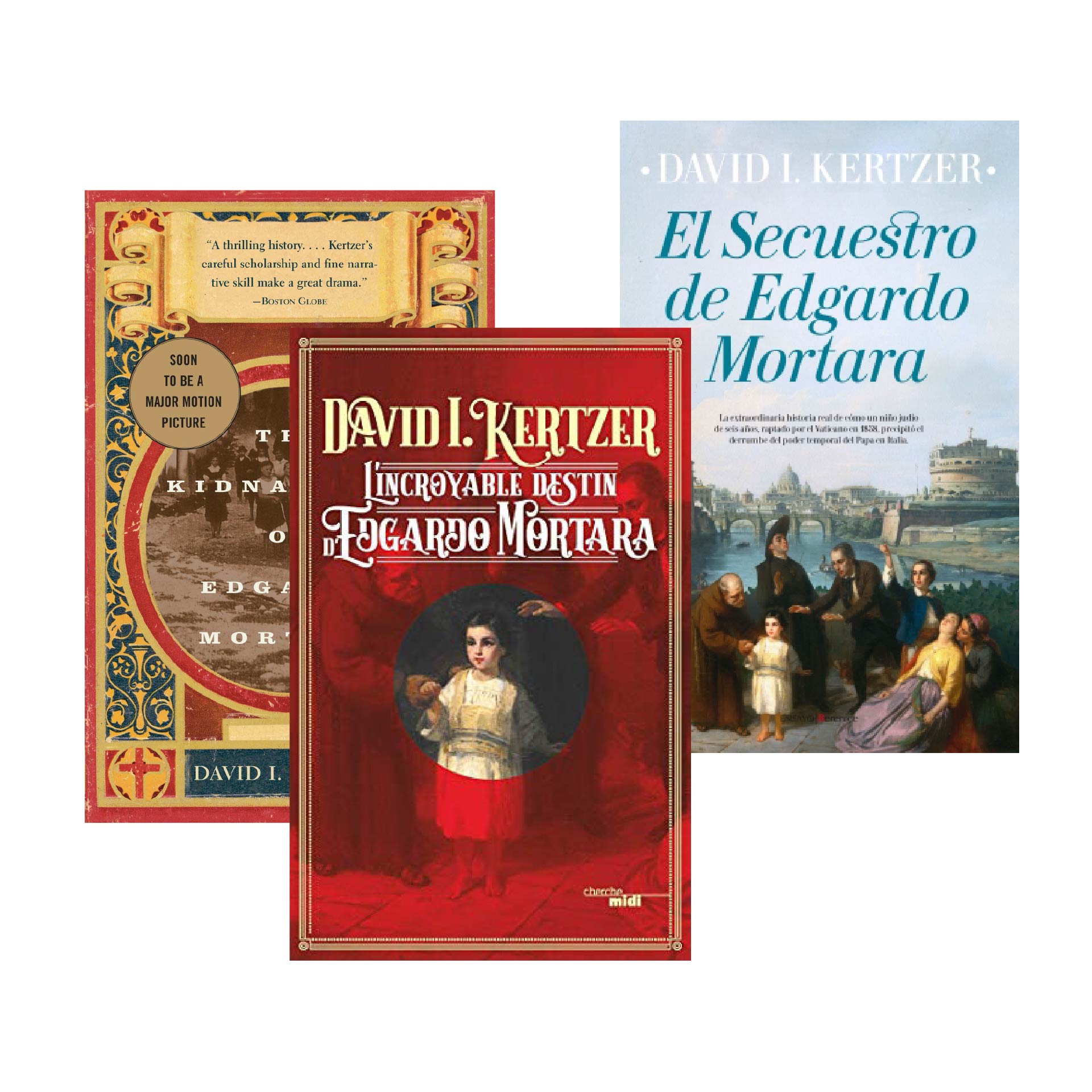
The Mortara Case
CALL FOR APPLICATIONS FOR THE “MAURIZIO AND CLOTILDE PONTECORVO” RESEARCH GRANT

We Are Here

Jewish Italian Partisans, Young Resistance Fighters
